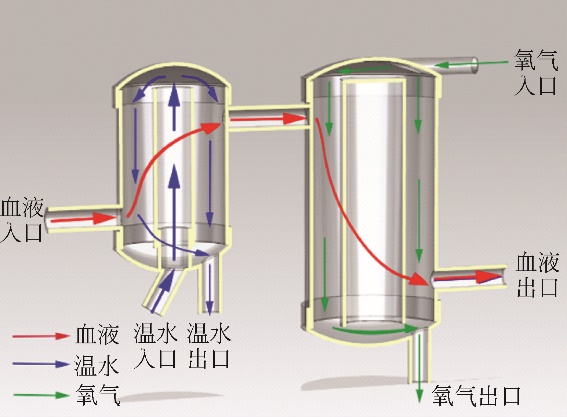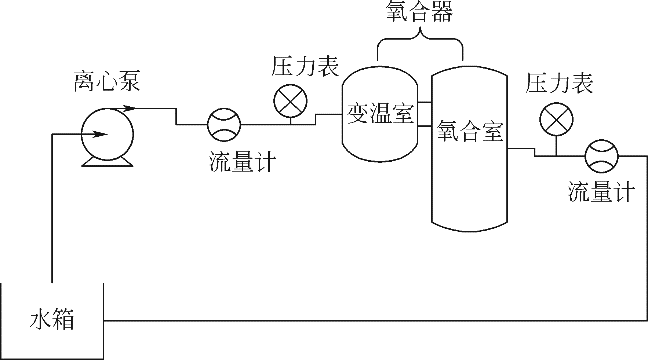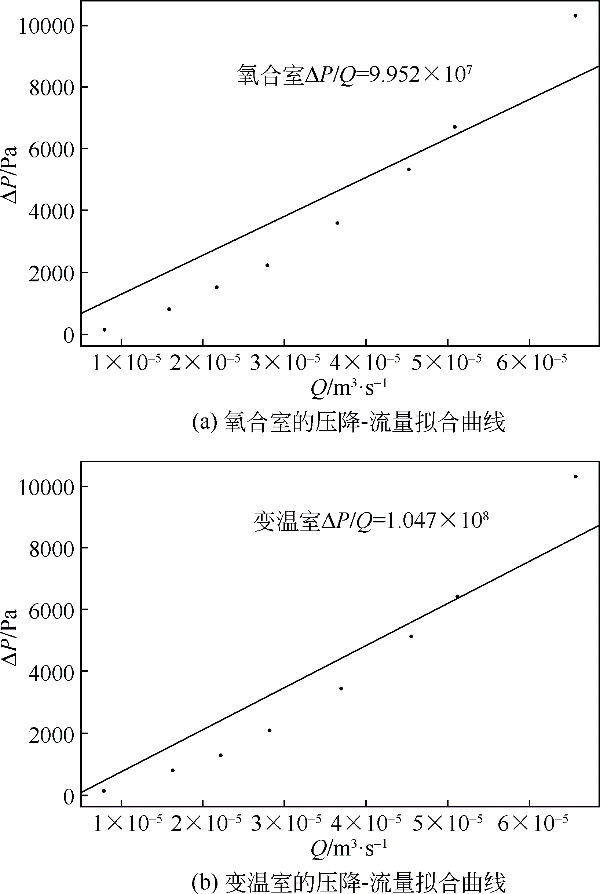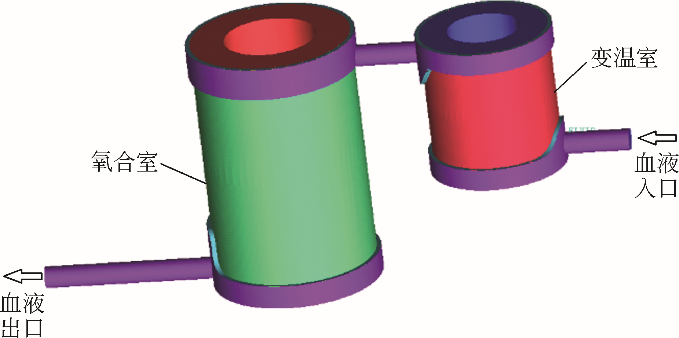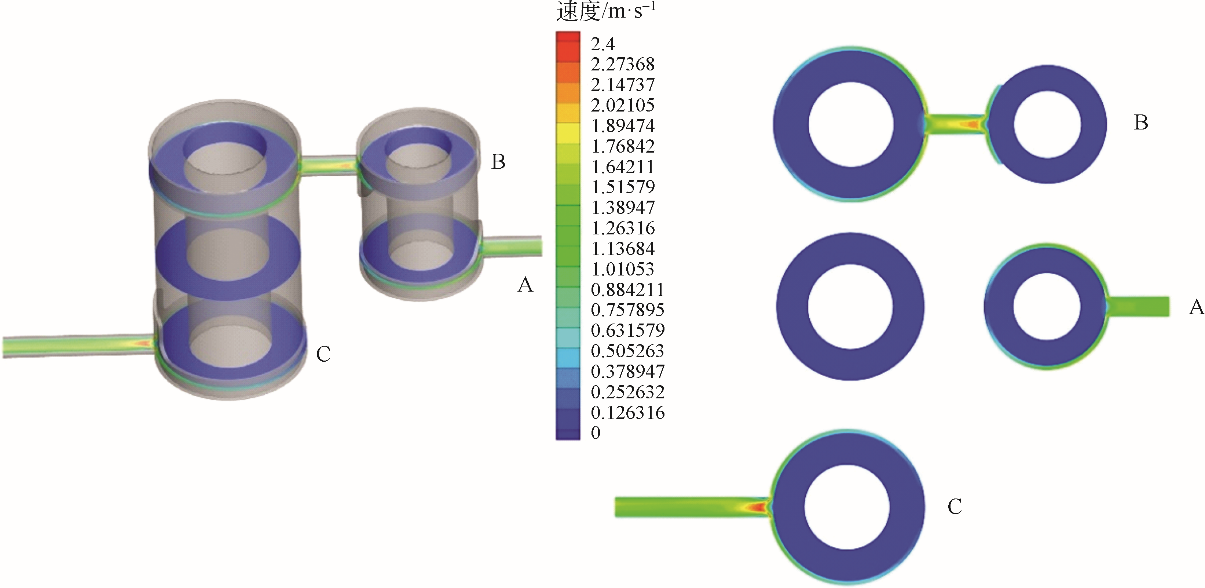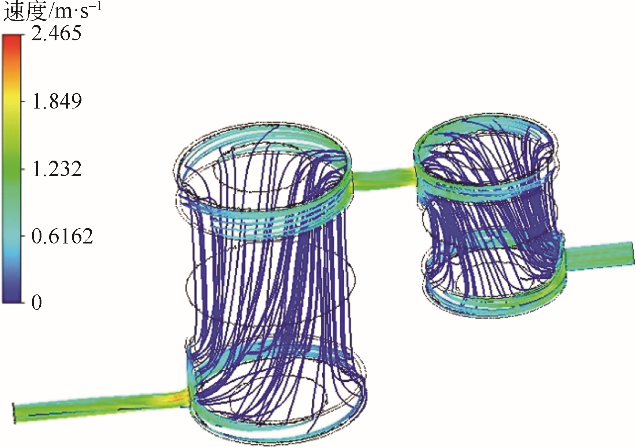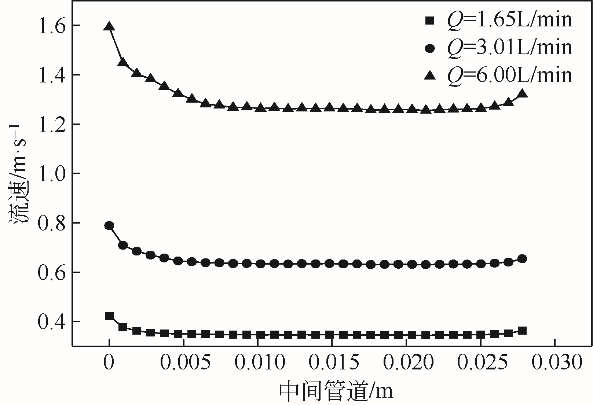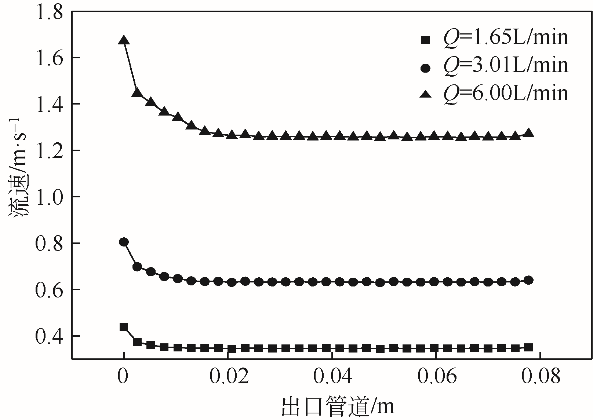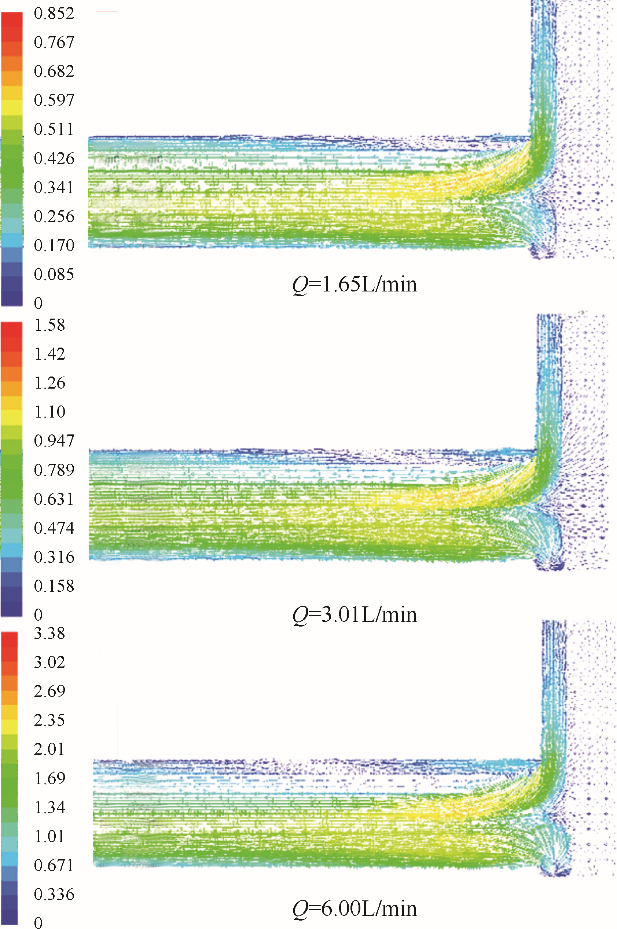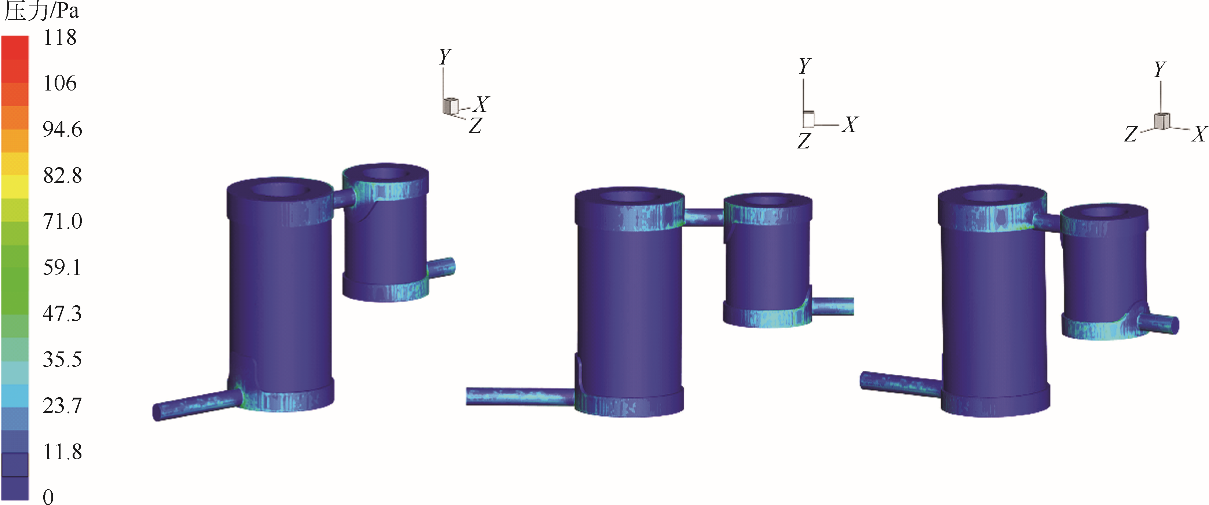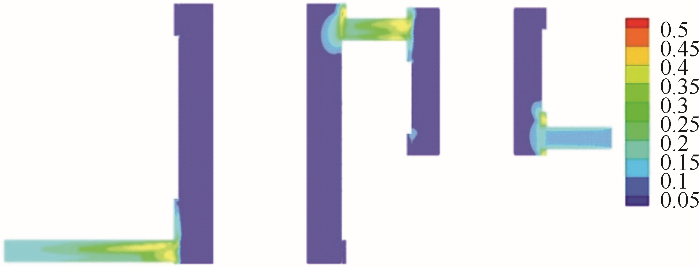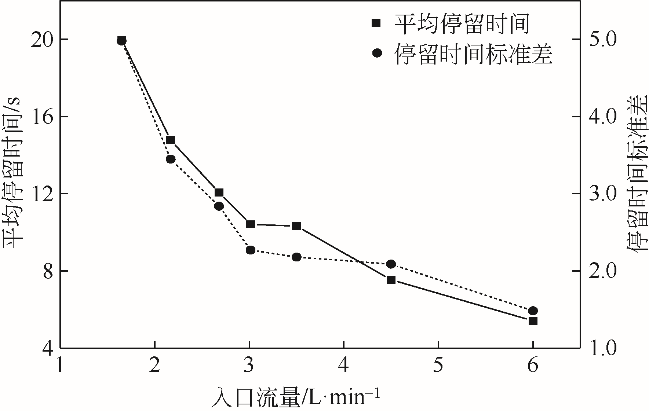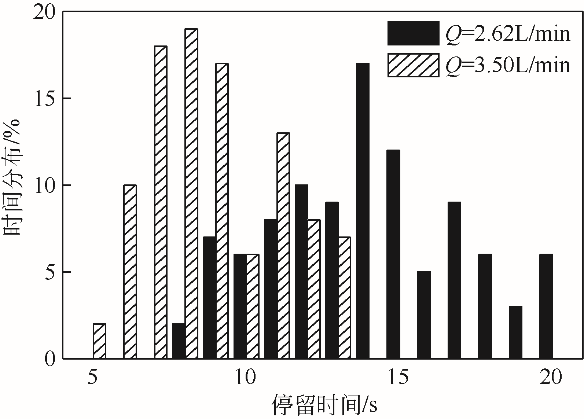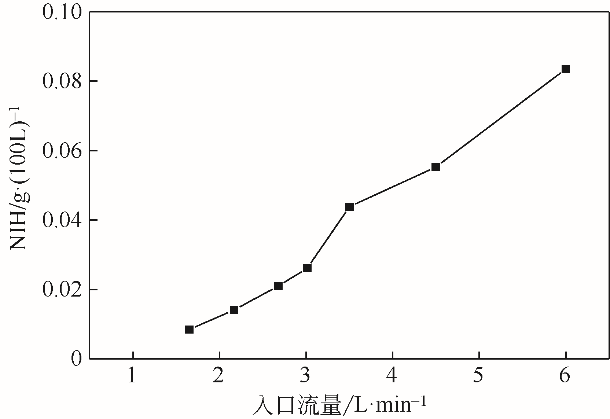| 1 |
D'ONOFRIO C,VAN L R,ROLLAND S,et al.Three-dimensional computational model of a blood oxygenator reconstructed from micro-CT scans[J].Medical Engineering & Physics,2017,47(190):1-8.
|
| 2 |
FUNAKUBO A,HIGAMI T,SAKUMA I,et al.Development of a membrane oxygenator for ECMO using a novel fine silicone hollow fiber[J].ASAIO Journal,1996,42(5):837-840.
|
| 3 |
ASAKAWA Y,FUNAKUBO A,FUKUNAGA K,et al.Development of an implantable oxygenator with cross-flow pump[J].ASAIO Journal,2006,51(3):291-295.
|
| 4 |
SCHLANSTEIN P C,HESSELMANN F,JANSEN S V,et al.Particle image velocimetry used to qualitatively validate computational fluid dynamic simulations in an oxygenator: a proof of concept[J].Cardiovascular Engineering and Technology,2015,6(3):340-351.
|
| 5 |
FILL B,GARTNER M,JOHNSON G,et al.Computational fluid flow and mass transfer of a functionally integrated pediatric pump-oxygenator configuration[J].ASAIO Journal,2008,54(2):214-219.
|
| 6 |
ROLAND G,RALF B,JUTTA A,et al.Improving oxygenator performance using computational simulation and flow field-based parameters[J].Artificial Organs,2010,34(11):930-936.
|
| 7 |
ZHANG J,NOLAN T D C,TAO Z,et al.Characterization of membrane blood oxygenation devices using computational fluid dynamics[J].Journal of Membrane Science,2007,288(1):268-279.
|
| 8 |
JIAFENG Z,XIAOBING C,JUN D,et al.Computational study of the blood flow in three types of 3D hollow fiber membrane bundles[J]. J. Biomech. Eng.,2013,135(12):121009.
|
| 9 |
PASCAL V.The role of computational fluid dynamics for artificial organ design[J].Artificial Organs,2002,26(7):569–570.
|
| 10 |
MADHANI S P,D’ALOISO B D,FRANKOWSKI B,et al.Darcy permeability of hollow fiber membrane bundles made from membrana polymethylpentene fibers used in respiratory assist devices[J].ASAIO Journal,2016,62(3):329-331.
|
| 11 |
GAGE K L,GARTNER M J,BURGREEN G W,et al.Predicting membrane oxygenator pressure drop using computational fluid dynamics[J].Artificial Organs,2015,26(7):600-607.
|
| 12 |
BHAVSAR S S,THOMAS S R,ULRICH S J A O.Numerical modeling of anisotropic fiber bundle behavior in oxygenators[J].Artificial Organs,2011,35(11):1095-1102.
|
| 13 |
JONES C C,MCDONOUGH J M,PATRIZIO C,et al.Improved computational fluid dynamic simulations of blood flow in membrane oxygenators from X-ray imaging[J].Annals of Biomedical Engineering,2013,41(10):2088-2098.
|
| 14 |
ZHANG J,NOLAN T D C,TAO Z,et al.Characterization of membrane blood oxygenation devices using computational fluid dynamics[J].Journal of Membrane Science,2007,288(1):268-279.
|
| 15 |
CONSOLO F,FIORE G B,PELOSI A,et al.A numerical performance assessment of a commercial cardiopulmonary by-pass blood heat exchanger[J].Medical Engineering & Physics,2015,37(6):584-592.
|
| 16 |
PELOSI A,SHERIFF J,STEVANELLA M,et al.Computational evaluation of the thrombogenic potential of a hollow-fiber oxygenator with integrated heat exchanger during extracorporeal circulation[J].Biomechanics and Modeling in Mechanobiology,2014,13(2):349-361.
|
| 17 |
GIERSIEPEN M,WURZINGER L J,OPITZ R,et al.Estimation of shear stress-related blood damage in heart valve prostheses:in vitro comparison of 25 aortic valves[J].International Journal of Artificial Organs,1990,13(5):300-306.
|
| 18 |
武悦,朱良凡,罗云.计算流体力学方法分析一例喷射悬浮血泵的液力、悬浮及溶血特性[J].机械工程学报,2018,54(20):52-58.
|
|
WU Yue,ZHU Liangfan,LUO Yun.Computational fluid dynamics analysis of an injection suspension blood pump on the hydraulic, suspension and hemolysis property[J].Journal of Mechanical Engineering,2018,54(20):52-58.
|
| 19 |
WU Z J,TASKIN M E,ZHANG T,et al.Computational model-based design of a wearable artificial pump-lung for cardiopulmonary/respiratory support[J].Artificial Organs,2012,36(4):387-399.
|
| 20 |
André GARON,Marie‐Isabelle FARINAS.Fast three-dimensional numerical hemolysis approximation[J].Artificial Organs,2004,28(11):1016-1025.
|
| 21 |
寿宸,郭勇君,苏磊,等.基于快速溶血预估模型的离心血泵叶轮特性数值分析[J].生物医学工程学杂志,2014,31(6):1260-1264.
|
|
SHOU Chen,GUO Yongjun,SU Lei,et al.Numerical assessment of impeller features of centrifugal blood pump based on fast hemolysis approximation model[J].Journal of Biomedical Engineering,2014,31(6):1260-1264.
|
 ),Hu LIAO3,Guobin YI1(
),Hu LIAO3,Guobin YI1( )
)
